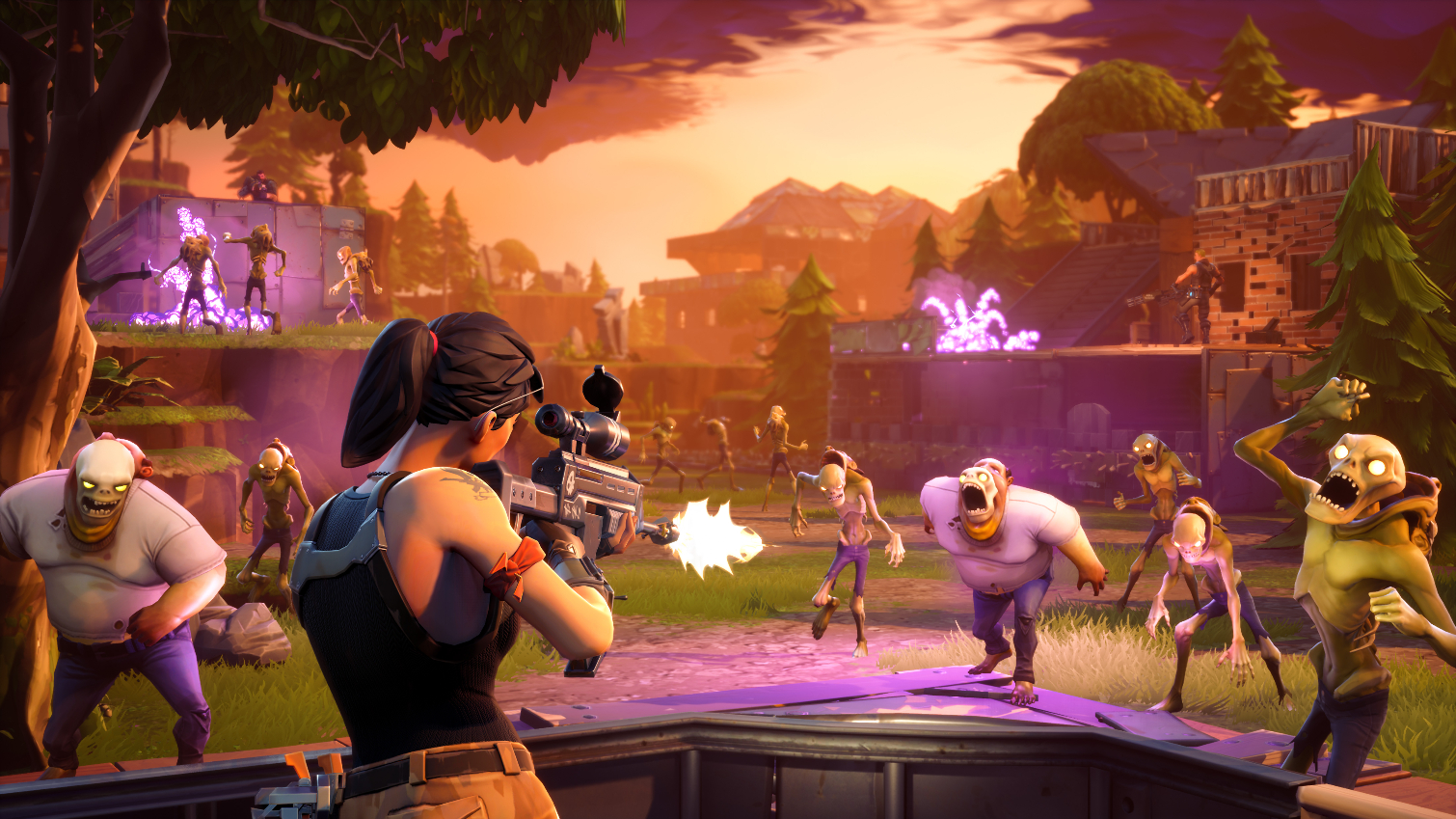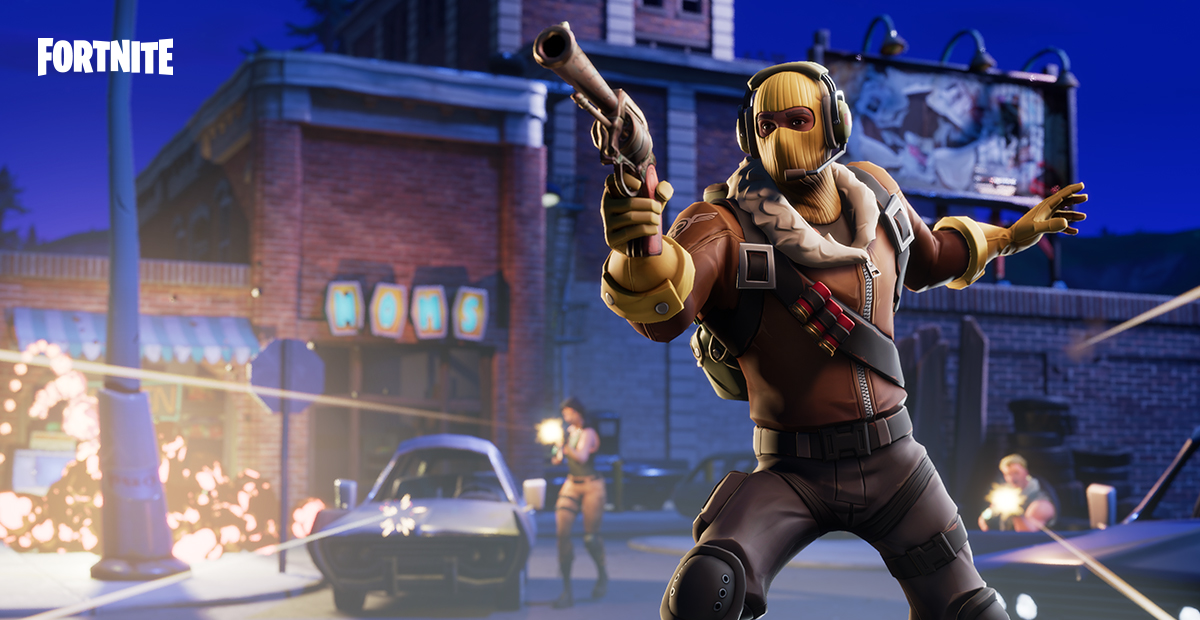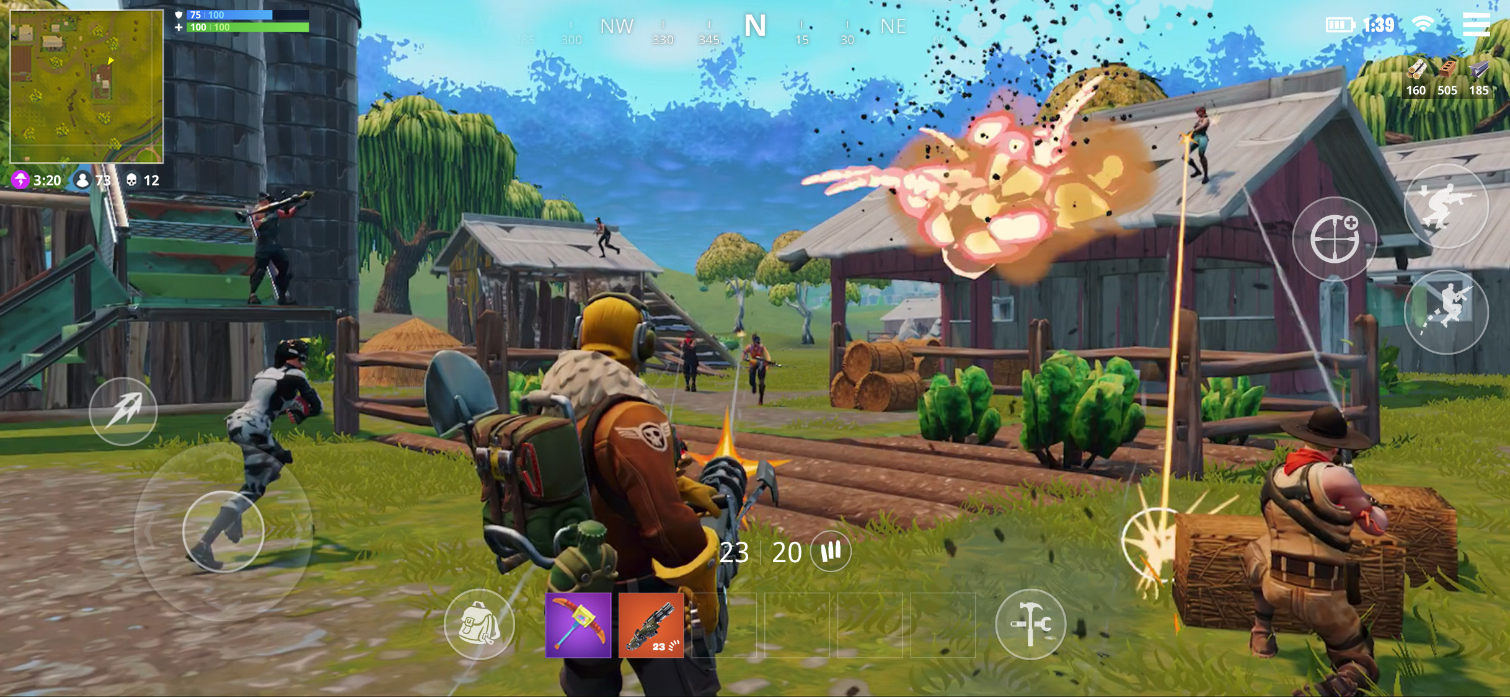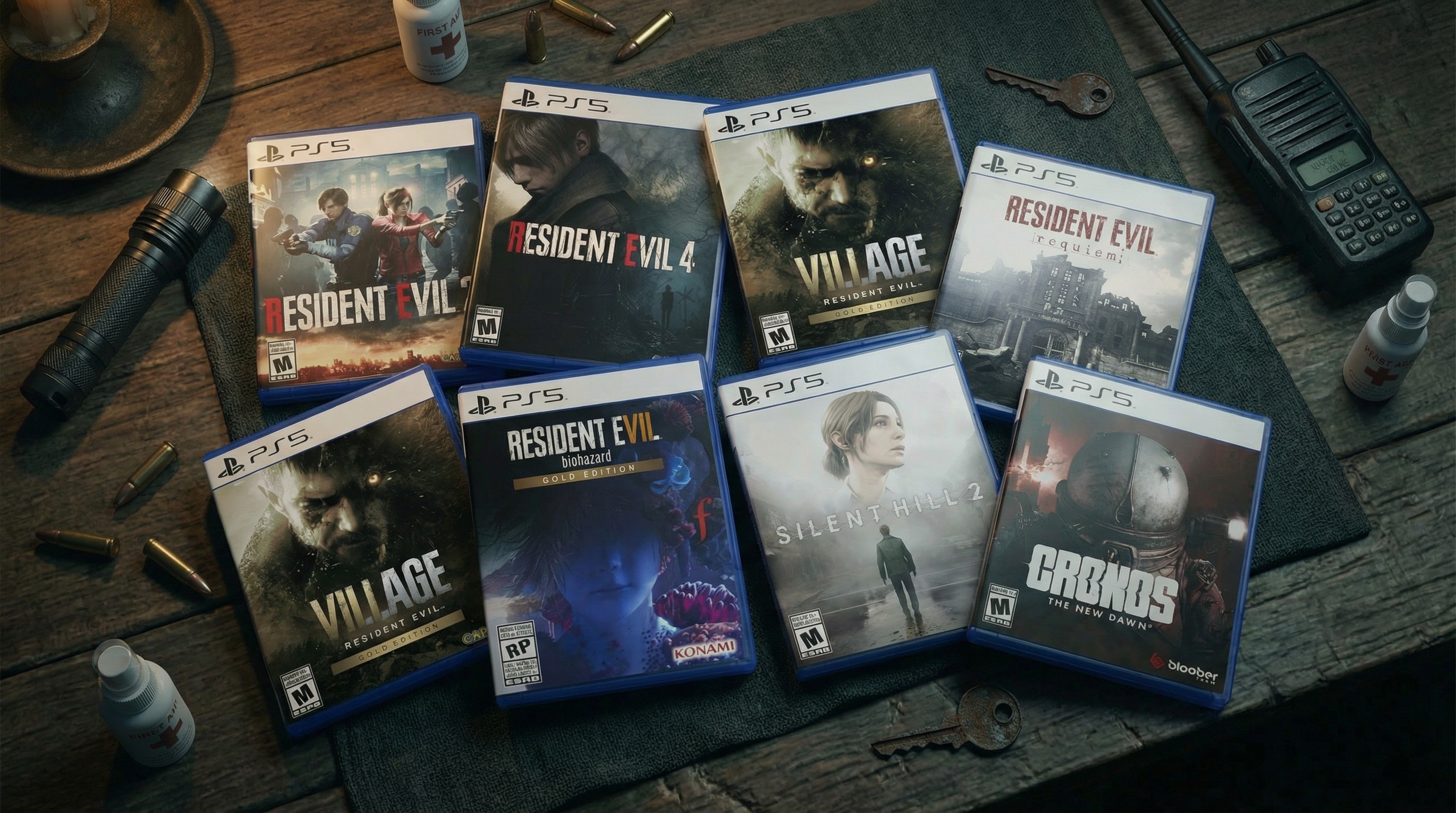Why Is Fortnite So Damn Popular — and Will It Last?
Fortnite is the hottest game out right now, but is it more than just the flavor of the week?
Here at Tom’s Guide our expert editors are committed to bringing you the best news, reviews and guides to help you stay informed and ahead of the curve!
You are now subscribed
Your newsletter sign-up was successful
Want to add more newsletters?
Join the club
Get full access to premium articles, exclusive features and a growing list of member rewards.
It's trending higher than Trump, and it's a bigger craze than fidget spinners ever were. But is Fortnite Battle Royale a fad, or does Epic Games' colorful online shooter have serious staying power?
And how the hell did it become so popular in the first place?
The origins of Fortnite (and the birth of Battle Royale)
Fortnite didn't become a phenomenon overnight. The game's origins date all the way back to 2011, when it was revealed as a co-op zombie shooter with a robust base-building system that let you craft intricate structures to fend off the undead.

After a remarkably long development cycle, Fortnite finally launched in early access for PS4, Xbox One, PC and Mac in July 2017. It was received fairly well but was still a ways out from taking over the world.
Enter PlayerUnknown's Battlegrounds (PUBG). First released in March 2017, this game popularized a new style of shooter known as "battle royale," in which 100 players dropped onto an island, scavenged for supplies and fought to the death, Hunger Games-style, until there was one player or team left standing.
It was a tense, refreshing take on a tired genre and ended up selling tens of millions of copies. Suddenly, gaming's latest craze was born.
"In a way, battle royale is kind of like the kid's playground game tag, so it's actually based on a very old real-world game," said Lewis Ward, research director of gaming and AR/VR at market research firm IDC. "For whatever reason, this is the type of game and social experience that gets millennials juiced."
Get instant access to breaking news, the hottest reviews, great deals and helpful tips.
Fortnite Battle Royale didn't just capitalize on a fresh, wildly popular genre; it also made the battle-royale experience more accessible.
Epic couldn't ignore PUBG's success, and in September 2017, it launched Fortnite Battle Royale, a free-to-play spin-off that brought last-man-standing death matches to Fortnite's colorful shooter sandbox. In a matter of months, this humble experiment would become the biggest game in the world.
Fortnite takes over the world
Fortnite Battle Royale didn't just capitalize on a fresh, wildly popular genre; it also made the battle-royale experience more accessible. It's free (PUBG isn't), it became available on consoles at a time when PUBG was PC-only, and its cotton-candy aesthetic and relatively simpler gameplay make it far more kid-friendly than the bleak, military-inspired Battlegrounds.

"The key to success is that the game is 'easy to play, difficult to master,'" said Michael Pachter, managing director of equity research at Wedbush Securities. "Most players quickly learn how to hide, and the game offers lots of ways to avoid conflict. It's fast-paced, and [it's] easy to get into a new match when your character is killed — so even bad players can have a good time for as long as they wish to play."
As a result of this accessibility, Fortnite spread like wildfire. The game now boasts more than 45 million players, raked in $126 million in revenue in February 2018 alone and regularly nets roughly 200,000 viewers on Twitch. Everyone from NFL players to famous actors are playing it. And when rapper Drake teamed up with popular Twitch streamer Ninja to play a few rounds, a record-breaking 600,000 people tuned in.
"I think we're at the beginning of a love affair that's going to last at least two years, and perhaps three or more." — Lewis Ward, research director of gaming and AR/VR at IDC.
Ward credits much of Fortnite's success to good timing, but he also noted that the game wouldn't have taken off without the tight, fun gameplay mechanics that Epic had been honing for roughly seven years.
"Unless you're ready to capitalize on success, it's easy to fly off the rails in a different direction," Ward said. "Go ask the Flappy Bird dude."
Will Fortnite last?
Gaming trends come and go. Pokémon Go was hot for a single summer; Flappy Bird was cool for about a week. But Fortnite has dominated the video game news cycle for months. And now that you can play it on your phone (much to the dismay of high school teachers everywhere), Fortnite shows no signs of slowing down anytime soon.

"With mobile versions of [Fortnite and PUBG] getting out there and apparently succeeding, I think we're at the beginning of a love affair that's going to last at least two years," Ward said. "It may become an esports phenom, too, and that may mean this mode has legs for five years or more."
It helps that Fortnite is constantly getting updated with new weapons, skins and silly holiday-themed events. The iOS version of the game is bringing Fortnite to an audience that might not even own a console or PC, and according to Epic, a Nintendo Switch version isn't out of the question. As long as the battle-royale wave rolls on — which it has for a year — Fortnite will continue to ride it.
"Someone else will eventually come up with another multiplayer game mode innovation, and the herd will move on," Ward said. "It's very difficult to predict when that will happen, but I suspect we've yet to see the battle royale mode crest in terms of global popularity."
Credit: Epic Games
- The Best Fortnite: Battle Royale Weapons (and When to Use Them)
- Fortnite Cross-Platform Guide: Who You Can (And Can't) Play
- Fortnite Mobile: 5 Essential Tips
Mike Andronico is Senior Writer at CNNUnderscored. He was formerly Managing Editor at Tom's Guide, where he wrote extensively on gaming, as well as running the show on the news front. When not at work, you can usually catch him playing Street Fighter, devouring Twitch streams and trying to convince people that Hawkeye is the best Avenger.
-
andre_fbr Hello Michael,Reply
Fortnite is a phenomen. Why is so popular? I think it´s an intelligent combination of several things:
1. The comic look appeals to young people who are more gaming and internet affine than other generations
2. The Battle Royal modus is for free and this supports point number 1.) Young people without own income dont need to spend money for it. So they they are able to play together with all friends.
3. The game is easy to learn and hard to master. This attracts more types of gamers of all ages.
In addition the game benefits from the community:
4. You have dedicated gamers and interesting persononalities which share their gaming experiences. In this way, you can watch your favorite game and be entertained at the same time.
5. Due to the flood of shared videos and gamer experiences, there will be a lot of funny situations whith a high entertainment value. This results in the second step of something like "Fortnite funny moment compilation" etc. (e.g. https://youtu.be/ijPwSMDeZZE ) on YouTube.
My personal opinion is, that this game will last for several years. It will become an E-Sport topic due to the high demand and the fact that everyone can play it, but only a few master this game professionally.
Beste regards
André
 Club Benefits
Club Benefits











